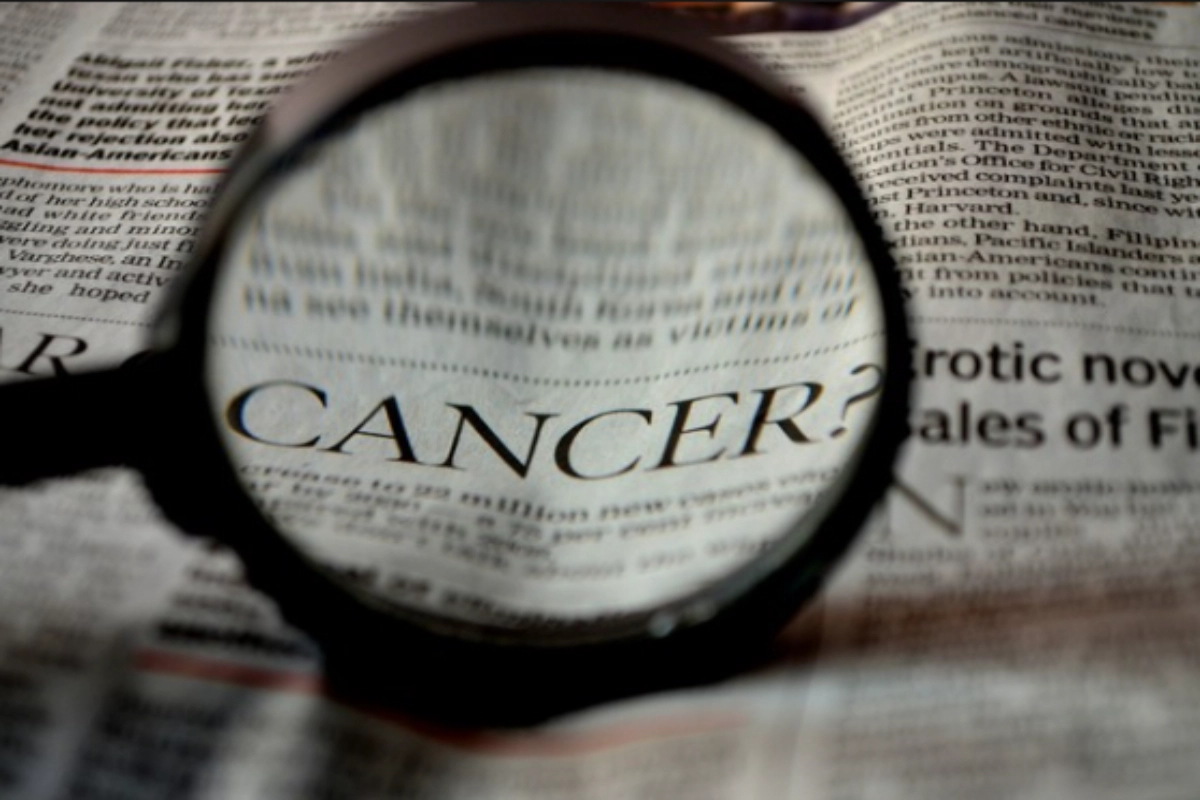Aspartame: One of the most popular artificial sweeteners in the world, aspartame, has drawn renewed attention in the US after recent study suggested that it may increase the chance of developing cancer. This comes after the World Health Organisation (WHO) issued a warning against the use of artificial sweeteners more than a month ago. In fact, according to Reuters, the popular sugar replacement will likely be classified as a potential carcinogen by the WHO’s cancer research division next month. Two insiders with knowledge of the procedure served as the basis for the Reuters report.
FDA Clearance and Widespread Adoption
The US Food and Drug Administration (FDA) approved aspartame for human ingestion in 1981, according to a Washington Post investigation, but has subsequently conducted five safety reviews. India is among the more than 90 nations that have approved its use. Aspartame is around 200 times sweeter than table sugar and contains no calories. According to the food product it is being used in, India’s food safety and regulation organisation FSSAI has advised maximum allowable quantities of the artificial sweetener in a paper from 2009. Aspartame is used in around 90% of ready-to-drink teas and about 95% of carbonated soft drinks with added sugar, which accounts for a sizable portion of the beverage market.
Industry Responses and Controversies Surrounding Aspartame Safety
Additionally, the FSSAI has ruled that items containing aspartame must prominently display the sweetener’s name. Meanwhile, the American Beverage Association, which speaks for major beverage producers including PepsiCo and Coca-Cola, has launched a defence against FDA inquiry. “There is a broad consensus in the scientific and regulatory community that aspartame is safe. It’s a conclusion reached time and time again by food safety agencies around the world,” Kevin Keane, the beverage association’s chief executive, told Washington Post. He continued saying that,”The fact that food safety agencies worldwide, including the FDA, continue to find aspartame safe makes us confident in the safety of our products. And people all over the world should be, too.” Concern has been raised about the usage of artificial sweeteners, which is on the rise. According to a study conducted in France last year, those who used more artificial sweeteners—particularly aspartame and acesulfame-K—had a marginally greater chance of developing cancer. It was based on a review of 100,000 persons’ medical histories.
DON'T MISS
WHO’s Pending Verdict on Aspartame
Aspartame will reportedly be designated as “possibly carcinogenic to humans” for the first time at a meeting of the WHO’s International Agency for Research on Cancer (IARC) in July, according to Reuters. The IARC verdict is supposed to determine whether or not anything is a possible hazard based on all the published research, according to the Reuters story. It was finalised earlier this month following a meeting of the group’s external specialists. However, it does not account for the maximum amount of a product that a person can safely ingest. New recommendations from the WHO were published in May and advised against using so-called NSS, or non-sugar sweeteners. According to the UN health agency, a systematic evaluation of the existing evidence “suggests that use of NSS does not confer any long-term benefit in reducing body fat in adults or children.” Additionally, the review’s findings “indicate that there may be potential adverse effects from long-term use of NSS, including an increased risk of type 2 diabetes, cardiovascular diseases, and mortality in adults.”
Keep watching our YouTube Channel ‘DNP INDIA’. Also, please subscribe and follow us on FACEBOOK, INSTAGRAM, and TWITTER
